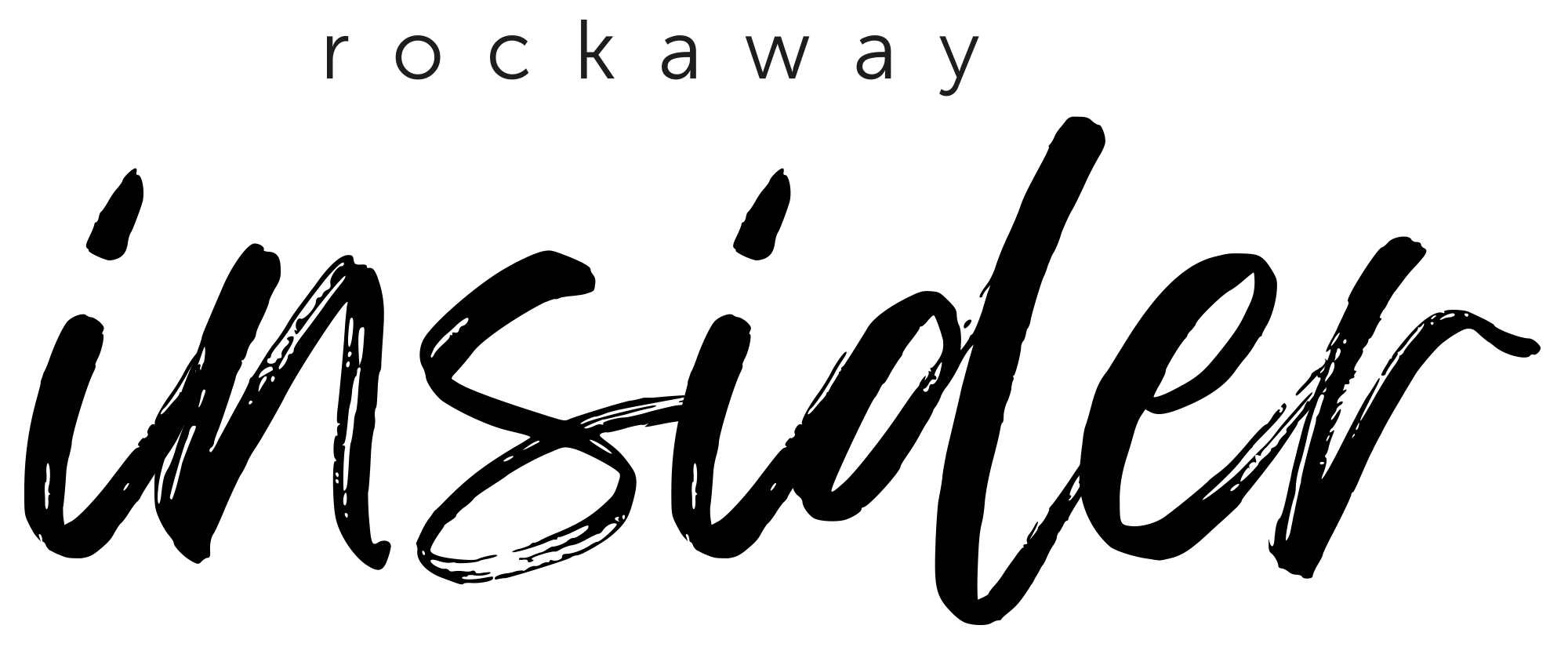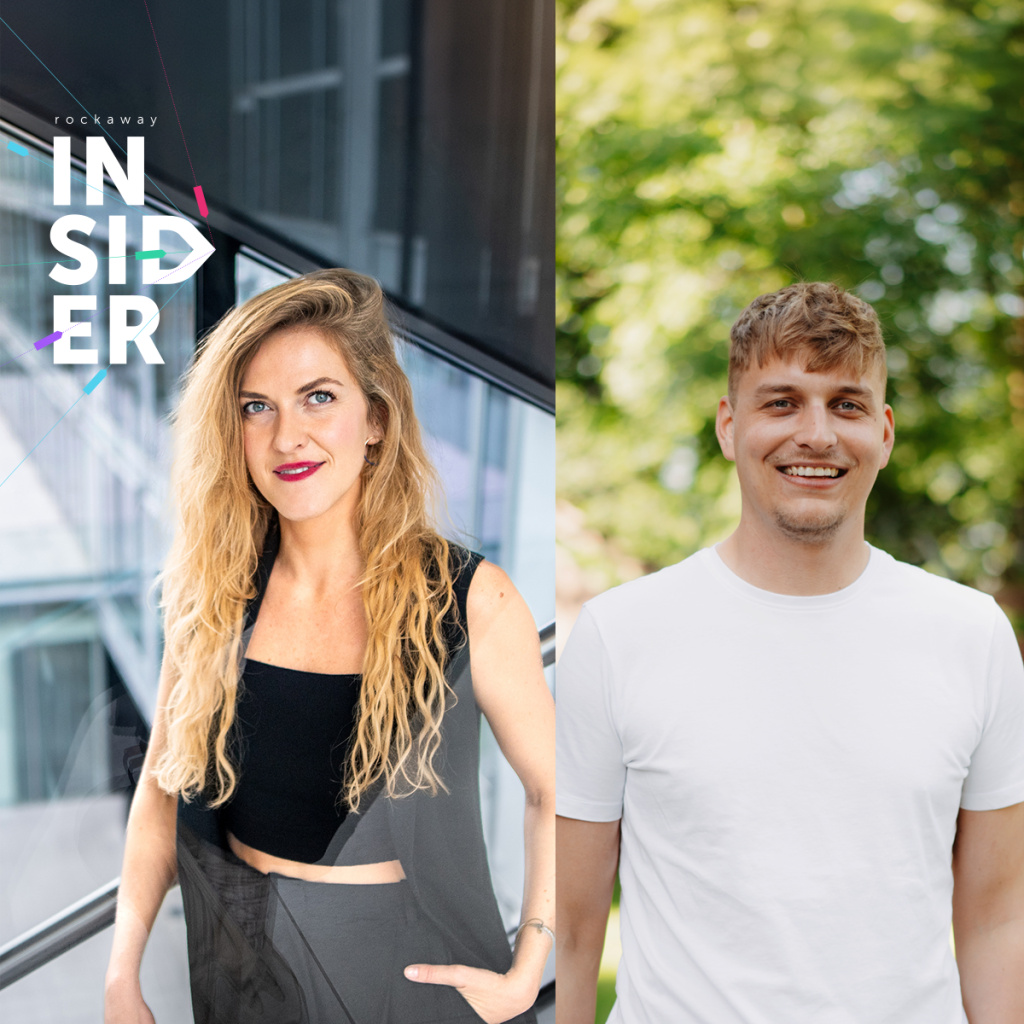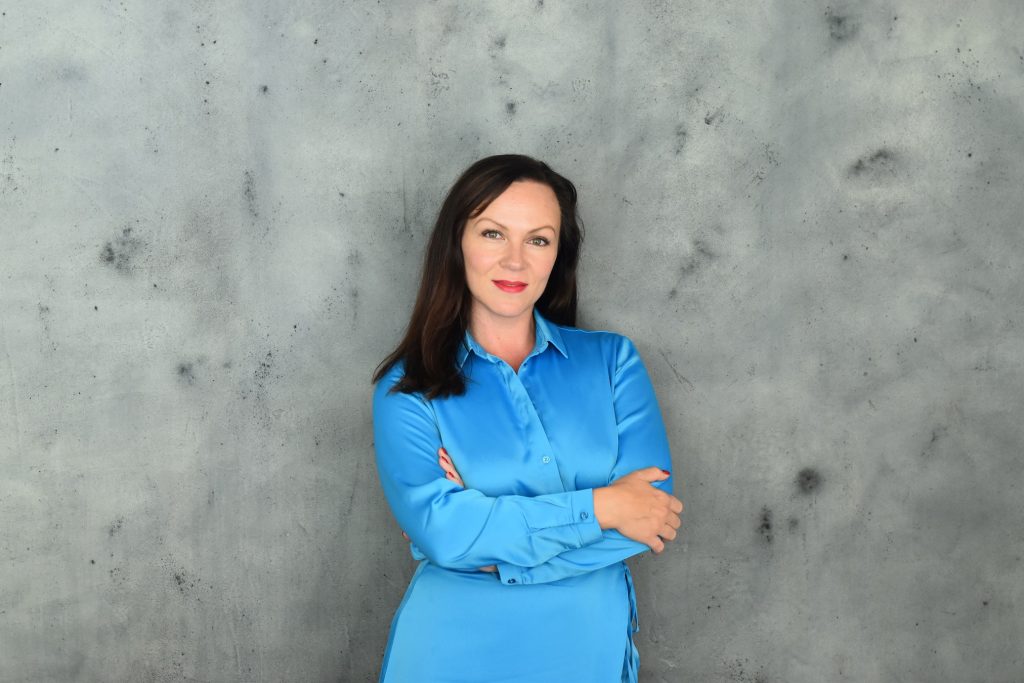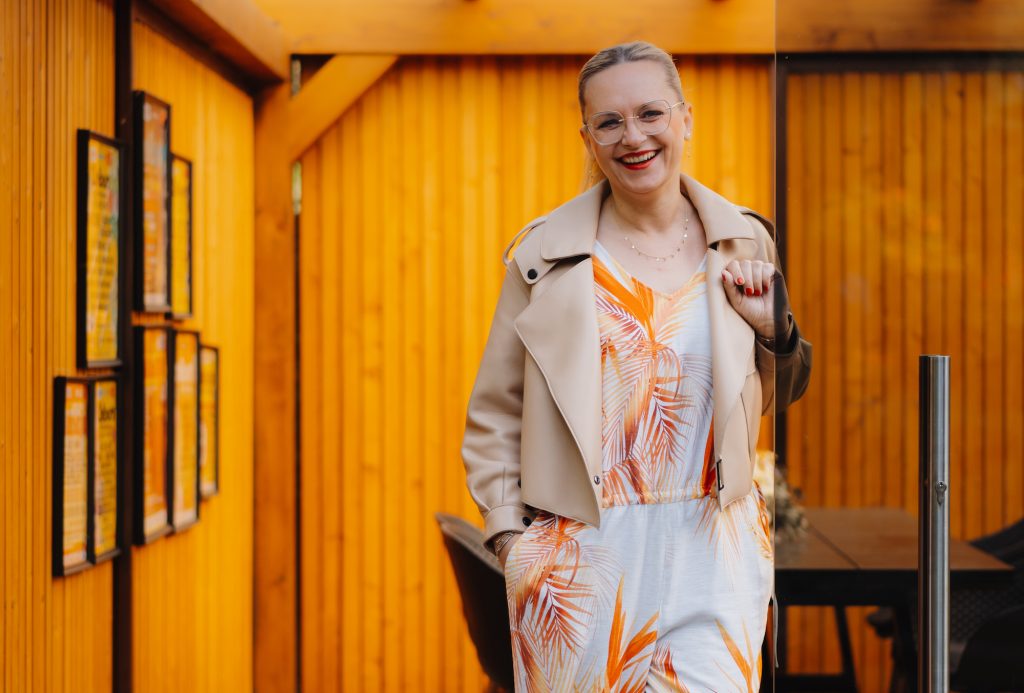All newsRockaway Insider with Mergim Cahani, CEO of Gjirafa
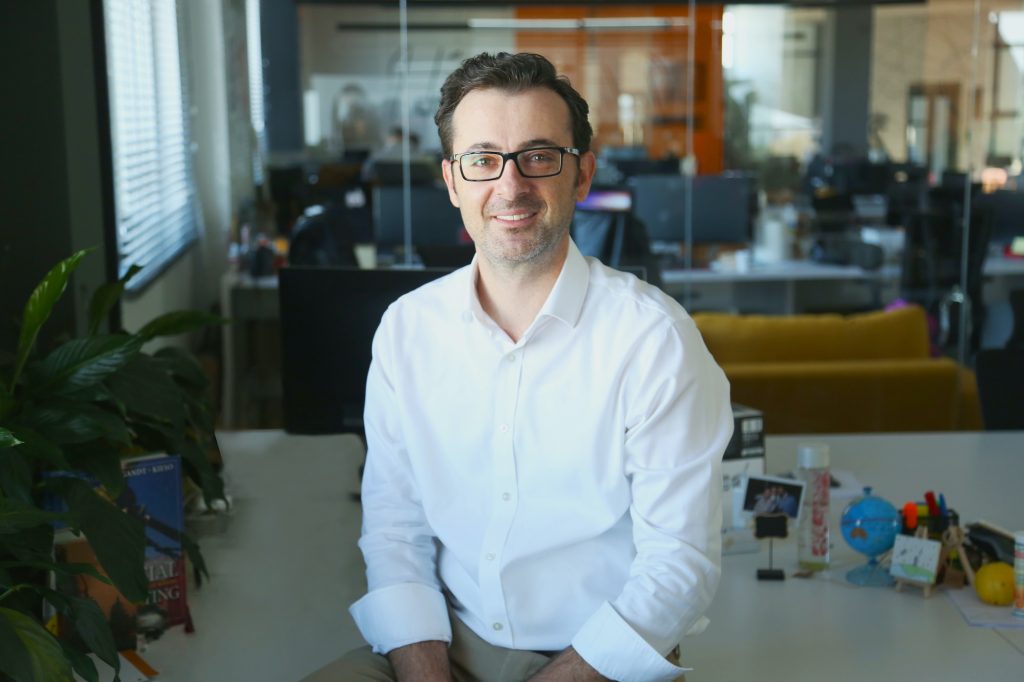
Once upon a time Mergim Cahani came to Rockaway’s offices in Prague’s Kavčí hory neighbourhood, and left after about an hour, having made a deal with CEO Jakub Havrlant and investment partner Dušan Zábrodský – that’s because the idea of creating a “Balkan Seznam” immediately made perfect sense to them.Since then, Gjirafa has gotten on its own two feet, has confidently stepped out in all directions, and is functioning as an Albanian-language information, media, and shopping portal operating in the Kosovo, Albania, and Macedonia markets.
What key thing has 2020 taught you?
Firstly: nothing is certain and things can change in a second – be it in business, in life, or anywhere else. Things we take for granted can simply disappear one day.
Secondly: the ability to adapt and cooperate, to not just survive but to grow, depends on your team, on how cohesive and devoted it is.
And thirdly: we’re capable of pushing our limits much further than we think. Every situation that may seem bad at first can be hiding some sort of advantage. During the course of one week in April 2020, when the lockdown arrived, we doubled revenues. Our activity in our media business and advertising was cut in half, but people from these areas were needed in our e-commerce section, which in the end helped us greatly and we ended up creating much greater value.
What is the number-one rule that you follow at all costs in your business?
Again: being surrounded by the right team. By this I mean people that share the same vision, on that is similar to the company’s founder – and not because someone ordered them to, but because they believe in it. People who are “obsessed” with the product and growth, are persistent, and move things forward. Even when something goes wrong, when external factors or the product aren’t good, everything can be fixed when you have the right team. You can be extremely successful on the market, you can grow, but if you don’t have the right team, it’s of no use.
One learns from one’s mistakes. What mistake taught you the most, and what, specifically?
Time spent trying to do everything perfectly, so that the company grows, instead of allocating some of your time to working with others so that we can scale things more quickly and better. I’ve made this mistake many times, but I always identify more things that I could do better.
You can sit down with someone and explain to them what you’re doing and why, and at that moment you think that this is the right approach, that you’ve established certain principles. And then, maybe a year later, you realize that they weren’t all right, and that you have to update them. This process never ends.
What is your most important piece of advice for new entrepreneurs and start-uppers?
Make sure that you really love what you’re doing – and be certain before you start. If this isn’t the case, passion will be missing from your work. And if passion is missing, you won’t have the right amount of dedication. It’ll be a long and lonely road, but it will be worth it. But it will take ten or even more years before you really accomplish something. Without passion, you won’t have the mettle and stamina to last those ten years. Success won’t come overnight, but if you persist, in the end you’ll succeed.
What do you consider the greatest benefit of your business for society?
The group we’re focusing on was ignored by everyone. We’re improving the quality of people’s lives by bringing them quality content, giving them easier on-line access to products to which they previously had had no access at all, and delivering them to their homes.
Every time people from Kosovo, Albania, or the rest of the region go abroad and see certain services in Germany or the USA, for example, after returning home they realize that they don’t have these services. And we’re striving to bridge this gap.
And another thing: because we’re a successful company, we promote a positive image for the entire region and make it a more attractive place on the map.
What question are you asked most often, and how do you answer?
Why the name “Gjirafa”? What’s Gjirafa’s history and what’s the story behind it? What is our long-term vision for the next five to ten years? My answer to the first question: From an evolutionary perspective the giraffe is one of the most adaptable mammals that exists – or at least compared to humans. When it’s born, within ten minutes it is capable of standing, and within an hour of running. We humans need a year. In our sector the ability to adapt is critical – only the fittest will survive. If Darwin has taught us anything, this is it. We should be aware of changes, and we want to transfer precisely this type of value possessed by the giraffe into our team. Google has a dinosaur on its campus. They say: “Remain agile and adapt. Don’t become a dinosaur that becomes extinct.” If Amazon arrives in the Balkans tomorrow, we won’t give up. We’ll simply change and adapt.
Plus… the giraffe is simply a beautiful animal, isn’t it?
What life-hack helps you most in your work?
I’ve got two or three. Seven months ago I quit smoking. I ride my bike almost every day. I may not be quite at Dušan Zábrodský’s level, but almost – I do 15 to 20 kilometres every day. By the way, Dušan is a great inspiration to me.
Another hack is that I try to learn quickly. When I listen to a podcast, I listen to it sped up by 1.5x or 2x. When I read, I try to skip things that are unimportant and concentrate on the key elements. This approach has helped me realize that there are many things I don’t know and have to learn. But also to realize that you can’t know everything, that you also have to rely on other people who are greater experts than you. And there’s always someone that’s better than you in a given area.
___
![]()
Did you like this interview?
The Rockaway Insider Newsletter is published every second Wednesday morning – subscribe now.
By clicking on “Subscribe” you agree to subscribe to the Rockaway Insider newsletter using the specified e-mail address. You can cancel your subscription at any time directly in the newsletter.
___

